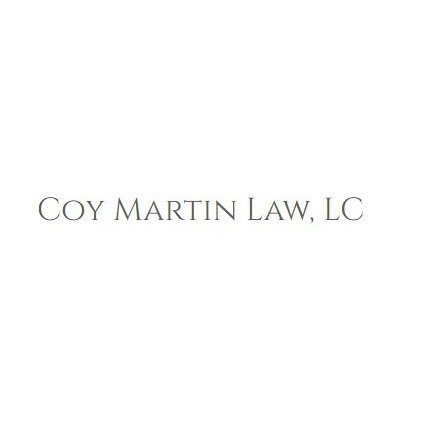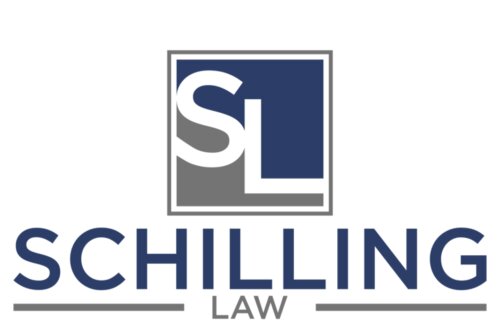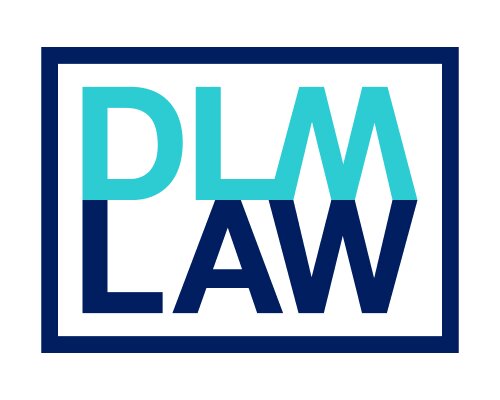Best Ethics and Professional Responsibility Lawyers in Kansas
Share your needs with us, get contacted by law firms.
Free. Takes 2 min.
Or refine your search by selecting a city:
List of the best lawyers in Kansas, United States
About Ethics and Professional Responsibility Law in Kansas, United States
Ethics and professional responsibility law in Kansas governs the standards of behavior for attorneys and other professionals within the state. These laws and regulations are designed to ensure that legal professionals operate with honesty, integrity, and fairness. They cover a range of issues like conflicts of interest, client confidentiality, proper representation, and maintaining public confidence in the legal system. The Kansas Supreme Court oversees the rules and procedures for legal ethics, primarily through the Kansas Rules of Professional Conduct, which set the framework for how lawyers must act in their professional capacity.
Why You May Need a Lawyer
There are several situations where you may need the assistance of an attorney experienced in ethics and professional responsibility. These can include:
- If you are a lawyer facing a complaint, investigation, or disciplinary action from the Kansas Office of Disciplinary Administrator
- If you are a client and believe your attorney has acted unethically, such as by breaching confidentiality, mishandling funds, or having a conflict of interest
- If you are a business or professional concerned about potential or alleged violations of ethical standards
- If you need advice on compliance with professional rules, including advertising or relationships with clients
- If you require guidance on reporting unethical conduct within the legal profession
Whether you are a legal professional worried about potential misconduct or a member of the public who suspects unprofessional behavior, consulting an attorney well-versed in ethics and professional responsibility is crucial to protecting your rights and finding a fair resolution.
Local Laws Overview
In Kansas, attorneys are regulated by the Kansas Rules of Professional Conduct, adopted by the Kansas Supreme Court. These rules provide comprehensive guidance on areas such as:
- Client-lawyer relationships
- Confidentiality of information
- Conflicts of interest
- Fees and safekeeping of client property
- Advertising and solicitation of clients
- Duty to the court and to opposing parties
- Prohibition of dishonest, fraudulent, or deceitful conduct
- Obligations to report professional misconduct
The Kansas Office of Disciplinary Administrator investigates complaints and enforces discipline, which can range from private admonition to public censure, suspension, or disbarment. All lawyers licensed in Kansas must also complete continuing legal education requirements, including courses on legal ethics.
Frequently Asked Questions
What is the Kansas Rules of Professional Conduct?
The Kansas Rules of Professional Conduct are a set of ethical guidelines established by the Supreme Court of Kansas that govern the conduct of lawyers practicing in the state.
Who enforces attorney ethics rules in Kansas?
The Kansas Office of Disciplinary Administrator investigates complaints and enforces disciplinary actions against attorneys who violate ethical standards.
How can I file a complaint about an attorney in Kansas?
Complaints can be filed with the Kansas Office of Disciplinary Administrator by submitting a written report detailing the alleged misconduct.
What happens after I file a complaint?
The Office of Disciplinary Administrator reviews the complaint, conducts an investigation if necessary, and may recommend disciplinary action based on the findings.
Can an attorney be disciplined for mistakes or only for intentional misconduct?
While genuine mistakes are generally not grounds for discipline, negligence or repeated errors may lead to disciplinary review, especially if they harm a client or the judicial process.
Is attorney-client confidentiality always absolute?
No, there are limited exceptions where attorneys may disclose confidential information, such as to prevent certain crimes or comply with court orders.
What should I do if my attorney has a conflict of interest?
If you suspect a conflict of interest, discuss your concerns directly with your attorney or seek independent legal advice. You can also file a complaint with the Disciplinary Administrator.
Are Kansas attorneys required to carry malpractice insurance?
Kansas does not require attorneys to carry malpractice insurance, but attorneys must disclose annually whether they are insured.
Can I represent myself in a disciplinary proceeding?
Yes, but it is strongly recommended to seek experienced legal counsel due to the complexity and potential consequences of such proceedings.
Do ethical rules apply to paralegals and other legal staff?
Paralegals and legal staff must follow certain ethical guidelines, and attorneys are responsible for supervising them and ensuring compliance with professional rules.
Additional Resources
If you need guidance or support related to ethics and professional responsibility in Kansas, consider these resources:
- Kansas Office of Disciplinary Administrator - Investigates and prosecutes attorney misconduct
- Kansas Supreme Court - Issues and interprets rules of professional conduct
- Kansas Bar Association - Provides resources, referrals, and educational materials on legal ethics
- Continuing Legal Education (CLE) providers - Offer courses on ethics for lawyers and legal professionals
You may also consult public libraries or local law schools for additional educational programs and reference materials regarding ethics and professional responsibility in Kansas.
Next Steps
If you need legal assistance regarding ethics and professional responsibility in Kansas:
- Document your concerns, including dates, relevant interactions, and supporting evidence
- Determine whether your issue relates to an attorney, another professional, or a business organization
- Contact the Kansas Office of Disciplinary Administrator or the Kansas Bar Association for information or to initiate a complaint
- Consider scheduling a consultation with an attorney experienced in ethics and professional responsibility law
- Ask for a clear explanation of your rights and any possible next steps or legal actions
Taking these proactive steps can help protect your interests, resolve disputes, and maintain confidence in Kansas's legal system.
Lawzana helps you find the best lawyers and law firms in Kansas through a curated and pre-screened list of qualified legal professionals. Our platform offers rankings and detailed profiles of attorneys and law firms, allowing you to compare based on practice areas, including Ethics and Professional Responsibility, experience, and client feedback.
Each profile includes a description of the firm's areas of practice, client reviews, team members and partners, year of establishment, spoken languages, office locations, contact information, social media presence, and any published articles or resources. Most firms on our platform speak English and are experienced in both local and international legal matters.
Get a quote from top-rated law firms in Kansas, United States — quickly, securely, and without unnecessary hassle.
Disclaimer:
The information provided on this page is for general informational purposes only and does not constitute legal advice. While we strive to ensure the accuracy and relevance of the content, legal information may change over time, and interpretations of the law can vary. You should always consult with a qualified legal professional for advice specific to your situation.
We disclaim all liability for actions taken or not taken based on the content of this page. If you believe any information is incorrect or outdated, please contact us, and we will review and update it where appropriate.
Browse ethics and professional responsibility law firms by city in Kansas
Refine your search by selecting a city.
















